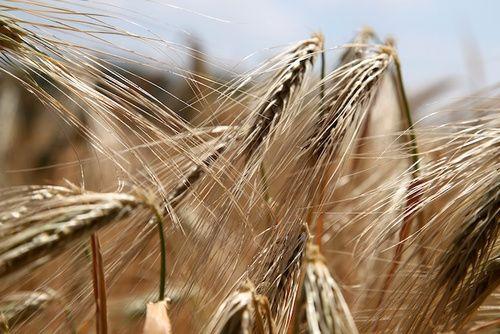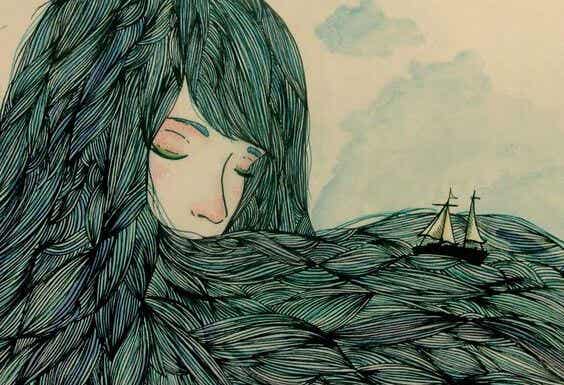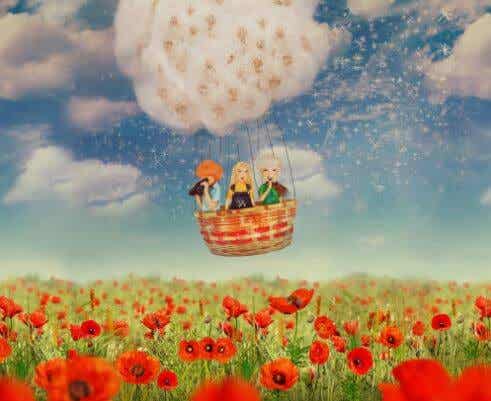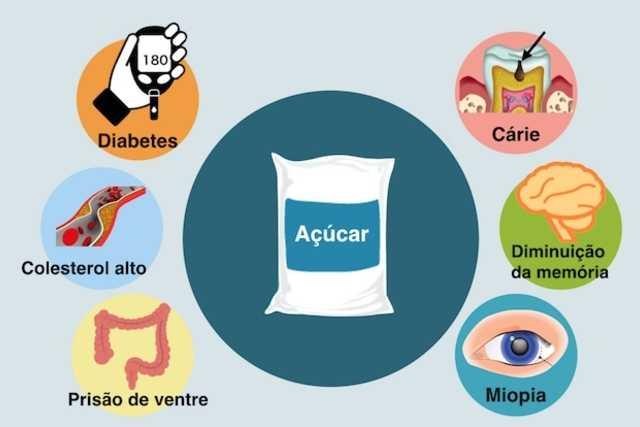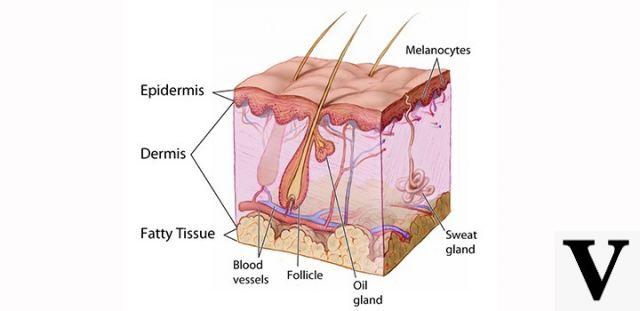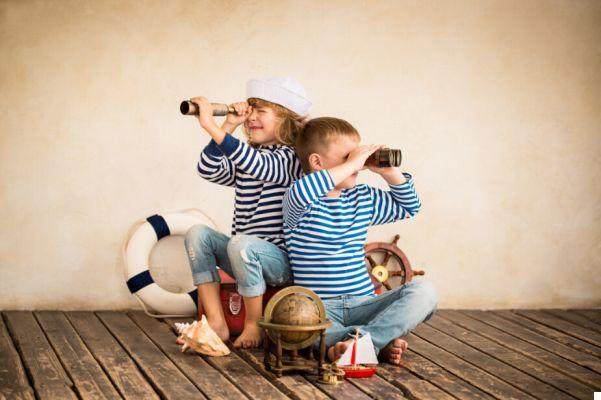
What is the earliest memory of your childhood? Have you ever wondered why exactly that and not another?
Research indicates that most people's earliest memories date back to three and a half years, before that time what is called "infantile amnesia" occurs. However, more recent studies with children suggest that early memories are likely older, but as they grow up they are forgotten and the first experiences date back to six years of age.
Tell me what culture you belong to and I'll tell you what your earliest memory is
Early memories vary greatly in content: we can remember that toy we liked so much, that time when we did some damage or when we moved house. But it is curious how these early memories are profoundly influenced by culture.
A very interesting study conducted at the Memorial University of Newfoundland, Canada, revealed that Canadian children are more likely to remember their first solo play experiences and personal transitions, such as when they started school or moved home. Conversely, Chinese children tend to rather remember family and school interactions. Obviously, the environment in which we grow up determines the importance we give to one or the other experiences, depending on the values promoted by the society in which we live.
Why do we remember some experiences and not others?
It is not yet clear why some experiences have a special place in our memory, while others are eliminated. But there is no doubt that the early childhood memories that adults have refer to events with strong emotional significance, some are negative, such as accidents and injuries, others are happy experiences such as a vacation day or a ' excursion.
Indeed, more recent studies indicate that our earliest memories may not be random experiences, but would reflect the most significant details of our childhood or even represent a part of us that we want to keep. Therefore, it is stated that beyond the emotional impact, for an experience to consolidate and persist in our memory, it is essential that it has coherence.
This means that an experience will be memorable to the extent that we believe it is important to our life. For example, a businessman is able to remember the first time he spoke in front of his class, while an animal rights activist can recall a childhood experience with animals that particularly marked and inspired him. .
So, in reality, those early autobiographical memories are not just due to chance and do not just reflect the path of our life, but also indicate what we have transformed into. These early memories are not only a reflection of the influence of the cultural and social context in which we grew up, but also indicate the emotional impact our childhood had on us.
Furthermore, those memories become the raw material we use to form our identity, our "I". The person we are depends, at least in part, on the events that shaped us, how we faced them and also how we choose to remember them, because memory is not a faithful copy of what happened, but continually reinvents itself.
Therefore, many of the memories of our childhood are actually information that we have decided to keep, consciously or unconsciously, because it is important to understand who we are and why we are at this point in our life. Those memories will make sense of the "I" we have built, helping us to reorganize the information that will allow us to reaffirm our identity.
On the one hand, those memories are positive because they allow us to maintain a certain coherence, but they can also turn into obstacles that prevent us from growing, especially when it comes to traumatic memories. In these cases, we must remember that we cannot go back and rewrite our childhood, but we can choose which memories to keep. Of course, it's not about trying to eliminate them, but about re-evaluating their emotional impact. The past helps us understand ourselves, but it doesn't necessarily have to define us and, above all, it doesn't have to write our future.







